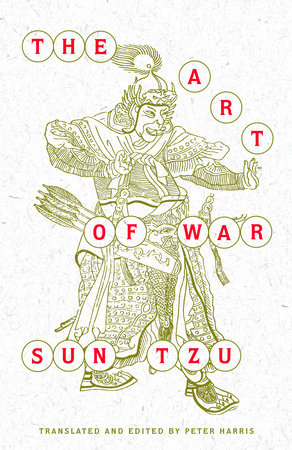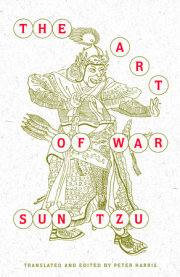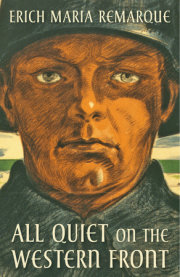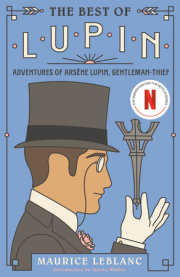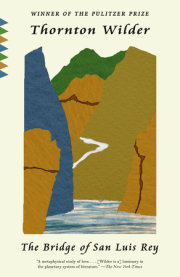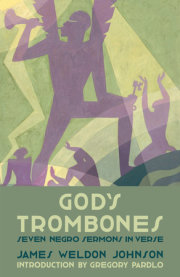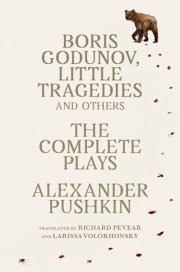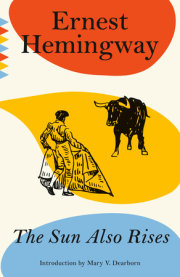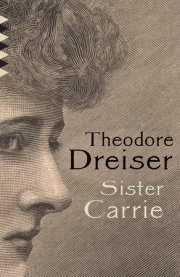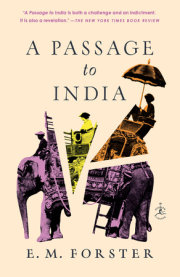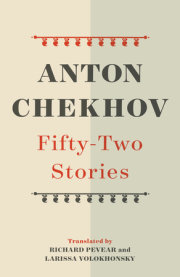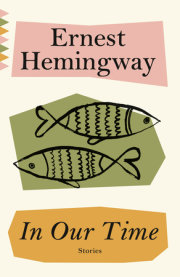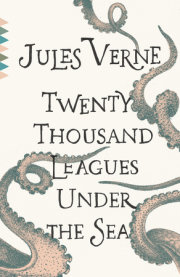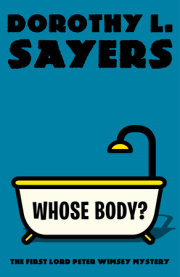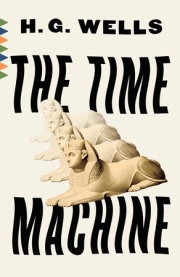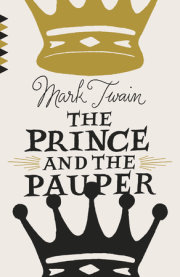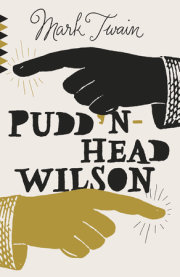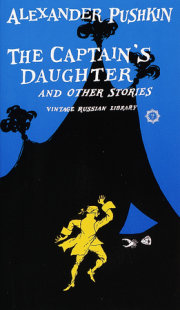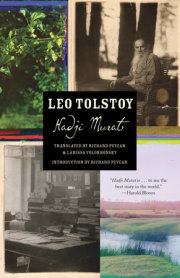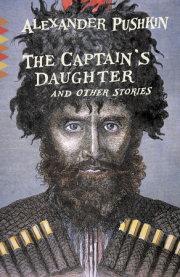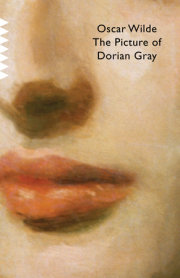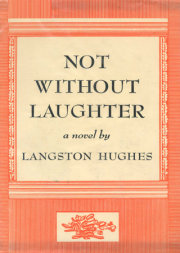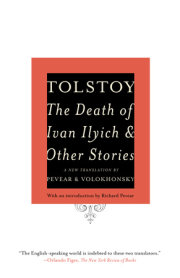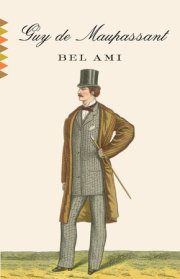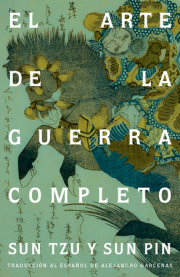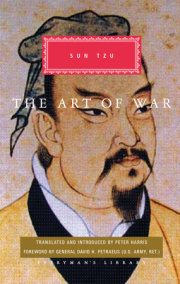from the INTRODUCTION by Peter Harris
A phrase often used to describe the dangers inherent in the rapidly changing relationship between the United States and China is the ‘Thucydides trap’. Even the Chinese President, Xi Jinping, has alluded to it, if only to express the hope that it can be avoided. The phrase is used to refer to Thucydides’ remark, when considering the origins of the Peloponnesian War between Athens and Sparta in the late fifth century BCE, that ‘what made the war inevitable was the growth of Athenian power and the fear which this caused in Sparta’ – Sparta being the United States in today’s world, of course, and Athens being China. (In fact the phrase ‘Thucydides trap’ is misleading for several reasons, not the least being that Thucydides never wrote about a trap as such. But this is not the place to dwell on that.)
Thucydides’ remark about the inevitability of war between Athens and Sparta reflects his determinedly realist view of the world, with its steady focus on power and self-interest. The Athenian historian would have been surprised to learn that as he applied this realism to his
History of the Peloponnesian War, another arch-realist halfway around the world had been making his mark (or would soon be doing so, depending on which dates for his life we accept) with his own penetrating discussion of interstate rivalry and power. This was the Chinese general Sun Tzu, or Master Sun.
Sun Tzu (or Sun Zi, if written with the romanisation now used in mainland China,
zi meaning ‘master’) was a military man and a strategist, rather than a military historian. But he shared Thucydides’ sense of realpolitik, built in his case on an acute appreciation of the uses of deception in the pursuit of military success. And like Thucydides, he has a reputation today at least as great as it was well over two millennia ago.
We know a certain amount about Thucydides from what he tells us about himself in his
History. About Sun Tzu we know almost nothing. Indeed, some people doubt whether he even existed, arguing that his writings may have been no more than an amalgam of old military saws. Given the peculiarly personal acumen and insight that informs Sun Tzu’s brief, sometimes enigmatic, but always practical
Art of War, this is not a point of view that it is easy to come to terms with. As we read Sun Tzu we tell ourselves that we are surely reading the words of an acutely intelligent military man with a subtle, original mind and a wealth of experience all his own.
This is certainly the attitude adopted towards Sun Tzu by many of his admirers. To take just one recent example, the respected writer on political affairs Martin van Creveld has no qualms about treating Sun Tzu as a historical figure. In his 2017 book
More on War, Van Creveld calls Sun Tzu one of two giants among military theoreticians, the other being the early nineteenth-century Prussian military theorist Carl von Clausewitz. He describes both men as ‘standing head and shoulders above the rest’ – a suitably solid metaphor for someone assumed to be a real figure from the past.
The view that Sun Tzu really was a living person dates back to the first substantial source of information we have about him, his biography in the
Records of the Grand Historian. These
Records were a wide-ranging history of ancient China written early in the first century BCE by two men often described as the founding fathers of Chinese history, Sima Tan and more especially his son Sima Qian, who completed the work after his father died. Sima Qian was a careful though sometimes uncritical record-keeper, known for his utter dedication to his great work – after offending the emperor, he chose to stay alive by suffering the humiliating punishment of castration so that he could complete it. There is no particular reason to think that he doubted Sun Tzu’s existence, or the fact that – as he writes in the
Records – Sun Tzu was a military adviser to King Helu¨ of the state of Wu, who reigned from 514 until his death in 496 BCE. (Sun Tzu himself has traditionally
been thought of as having been born in 544, and having died in the same year as King Helu¨ , 496.)
All the same, as many have pointed out, Sima Qian’s biography of Sun Tzu is disappointingly thin, and far from satisfactory as a historical source. Here is the text of the biography, in which we learn Sun Tzu’s full name, Sun Wu:
Master Sun Wu was a man of Qi state. He showed his
Art of War to King Helu¨ of Wu state, who said, ‘I have read all thirteen chapters of your work. Can we have a little trial run at drilling troops?’ ‘We can,’ Sun Tzu replied. ‘Can it be done with women?’ the king asked. ‘It can,’ said Sun Tzu.
So the king had a hundred and eighty beauties come out from the palace. Sun Tzu divided them into two companies, put two of the king’s favourites in charge of them, and ordered them all to take up halberds. ‘Do you all know your front, back, left and right?’ he asked them. The women replied, ‘We do.’ ‘When I say ‘‘front,’’ ’ he went on, ‘go forward. When I say ‘‘left’’, go left. When I say ‘‘right’’, go right. When I say ‘‘back’’, go back.’ The women agreed to do so. Having issued these instructions, he set out hatchets and battle-axes and repeated his orders several times.
But then when he drummed the command ‘right’ the women broke out in laughter.
‘If instructions are unclear or orders are not properly understood,’ Sun Tzu said, ‘it is the fault of the general.’
He then repeated his orders several more times, and drummed the command ‘left’. The women again broke out laughing.
‘If instructions are unclear or orders are not properly understood,’ said Sun Tzu, ‘it is the general’s fault. If they are clear but not obeyed, it is the fault of the officers.’
He then made to behead the women in charge of the two companies. The king was watching this from a terrace, and when he saw that his two favourites were going to be executed he was greatly alarmed. He hastily sent a messenger down to say, ‘General, I know now that you are capable of deploying troops. If I lose these two young ladies I will quite lose my taste for food. Kindly refrain from beheading them.’
But Sun Tzu replied, ‘I have received the command from Your Majesty to be his general. When a general is with his army, he does not always follow his ruler’s commands.’
He then executed the two women in charge of the companies as an example to the others, and appointed the next in line to replace them. When he again drummed his commands, the women all followed the rules exactly, going left, right, forward and back, kneeling and standing up, not daring to make a sound.
Then Sun Tzu sent a messenger to the king to tell him, ‘The troops are now in good order. I suggest Your Majesty comes down and see them. Come fire or water you will be able to deploy them in whatever way you want.’
The King of Wu’s response was, ‘You may take a rest, general, and go to your quarters. I do not wish to come down to see them.’
Sun Tzu replied, ‘Your Majesty just likes talking, rather than being someone able to do things.’
At that point the king understood Sun Tzu’s ability in deploying troops. He ended up making him a general. In the west he destroyed Chu, entering its capital Ying; to the north he overawed Qi and Jin states, and became renowned among the various rulers. The power he gained from all this Sun Tzu shared.
Another version of this biography was among the writings on bamboo strips unearthed from tombs on Silver Sparrow Mountain (Yinqueshan) in Shandong province in 1972 – a find I will come back to later. This bamboo strips version, earlier by decades than the version recorded by Sima Qian, is incomplete; but what
is left of it suggests a fuller and slightly more plausible story than the one related by the Grand Historian. In the bamboo strips version the King of Wu starts by describing himself as having a dilettante interest in warfare, which Sun Tzu decries, emphasising the importance of warfare as a means of securing gains. When it comes to showing the king how to drill troops, Sun Tzu agrees only reluctantly to drill court ladies rather than noblemen or others, and appoints as field officers – and later, it seems, executes – two of his own men, rather than two of the king’s female favourites. And towards the end there is a sketchy reference to the king studying with Sun Tzu for six days before he understands what the Way of warfare really means.
Even with these embellishments, however, the two versions of Sun Tzu’s biography tell us next to nothing about the man or his life. Nor do we learn much about his strategic thinking or his views on generalship. We gather only that he believed in strict discipline, and in the vital importance of a general having full control over his affairs once he was in the field. These are both points made in
The Art of War, though in a far more nuanced way. Discipline, in particular, is portrayed in
The Art of War as the counterpart of the care, consideration and consistency with which the rank and file have to be treated if they are to give of their best. Other than that, we are left puzzled as to whether the biography has any point at all. As for the drilling of concubines, that just seems to be a piece of gratuitous whimsy.
It is not surprising, then, that many scholars and commentators have dismissed the biography as being without value. And I am not just referring to people in modern times. The no-nonsense scholar and philosopher Yan Shi, writing in southeast China in the thirteenth century CE, described Sima’s account of Sun Tzu as no more than a fiction arising from scholarly debates, and the story of the women being drilled and disciplined as
‘bizarre and incredible’.
Before moving on from the biography, we should note that there is another way to look at it, as the Danish scholar Jens Petersen has persuasively argued. Immediately preceding the biography of Sun Tzu in
The Records is the biography of another early general, Sima Rangju, who is also depicted as handing down harsh punishments for apparently trivial offences. General Sima Rangju has one arrogant senior officer executed for arriving late for a meeting, and threatens another with execution for riding too fast through his military camp. Again, the story of Sima Rangju contains scant information about him as a man. Petersen suggests that the intention in both cases may well have been to demonstrate the generals’ methods, rather than to provide real life individual histories. According to this view, stories like these (not uncommon in early Chinese literature) are used to illustrate particular points or ‘morals’ of the kind Victorian children’s tales end with. The moral of the two generals’ biographies is presumably that military authority derives from exemplary punishment, even of privileged people.
Having cast doubt on the value of Sima Qian’s biography, we are left searching for other sources of reliable information about Sun Tzu. There is not much to be found. He is mentioned a few other times in Sima Qian’s
Records, but despite the comprehensive nature of this work these other references are even thinner than the biography. Interestingly, they connect him with another early military figure called Wu Zixu, who in contrast to Sun Tzu seems more likely to have been a real-life figure. According to Sima Qian, Wu Zixu was, like Sun Tzu, a military strategist on the staff of King Helu¨ of Wu. These two men, Sun Tzu and Wu Zixu, pooled their strategic insights to advise King Helu¨ , enabling him to crush his rival the state of Chu, which he did in 506 BCE, and to strengthen his rule more generally.
One intriguing thing about Wu Zixu is that he was a refugee from another state – in fact from Chu, the same state he helped King Helu¨ crush. It is intriguing because well over a thousand years later, in the official
New Tang History completed in 1060 CE, Sun Tzu himself is described as a refugee, a fugitive from his home state of Qi. (It is not at all clear why it took a thousand years for this piece of information or hearsay to come to light. Perhaps it had been included earlier in other historical materials since lost to us.) In a novel line of thought, Jens Petersen argues that this common attribute of the two men, Sun Tzu and Wu Zixu, suggests that Sun Tzu the refugee may have been no more than a double created out of nothing, a kind of
doppelga¨nger or
shadow of the refugee Wu Zixu, one that became potent enough over time to figure in illustrative stories. Even Sun Tzu’s name may be illusory, since one meaning of the word used for his family name,
sun, is ‘fugitive’, while
wu means ‘warrior’, so that like some of the fancifully-named characters in other early Chinese
fables, Sun Tzu may be no more than a fabulous Fugitive Warrior.
Scepticism about Sun Tzu’s existence would be easier to rebut if he were to feature significantly in other early sources, apart from Sima Qian’s
Records. But up until now – pending further tomb excavations or other unexpected discoveries – this has not been the case. He is, it is true, mentioned in several texts dating back to the third century BCE, but only briefly. For example
Han Fei Zi, the foundational text of the brutally authoritarian Legalist school of thought, remarks that at the time it was written everyone was talking about warfare, with many families having copies of the works of Sun Tzu and another famous strategist called Wu
Qi.
Xun Zi, a book about the Confucian philosopher of that name, makes a passing reference to Sun Tzu, as does
Huainan Zi, a set of essays collected around 139 BCE. And the bamboo strips unearthed from Silver Sparrow Mountain include an account of a conversation between Sun Tzu and a king of Wu, presumably Sun Tzu’s patron Helu¨ , about the proper division and taxation of land. But that seems to be all that is left to us.
Copyright © 2018 by Sun Tzu; translated and introduced by Peter Harris. All rights reserved. No part of this excerpt may be reproduced or reprinted without permission in writing from the publisher.

